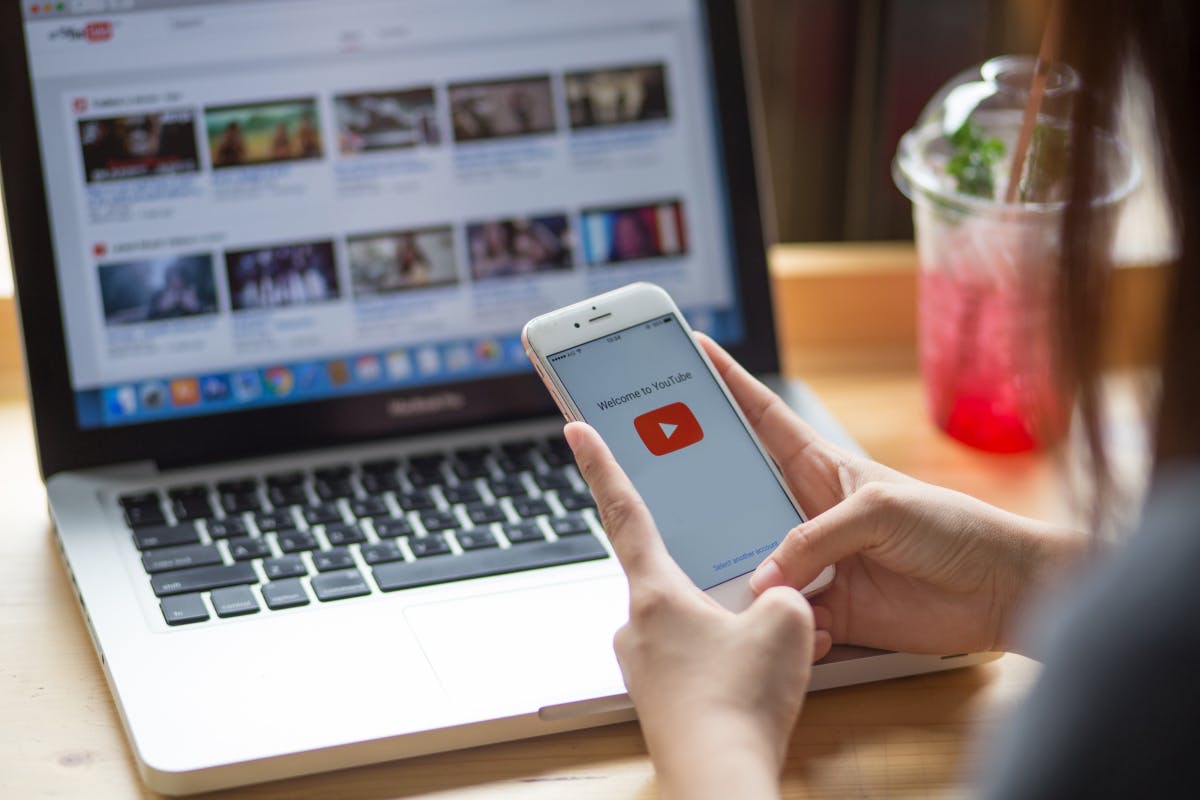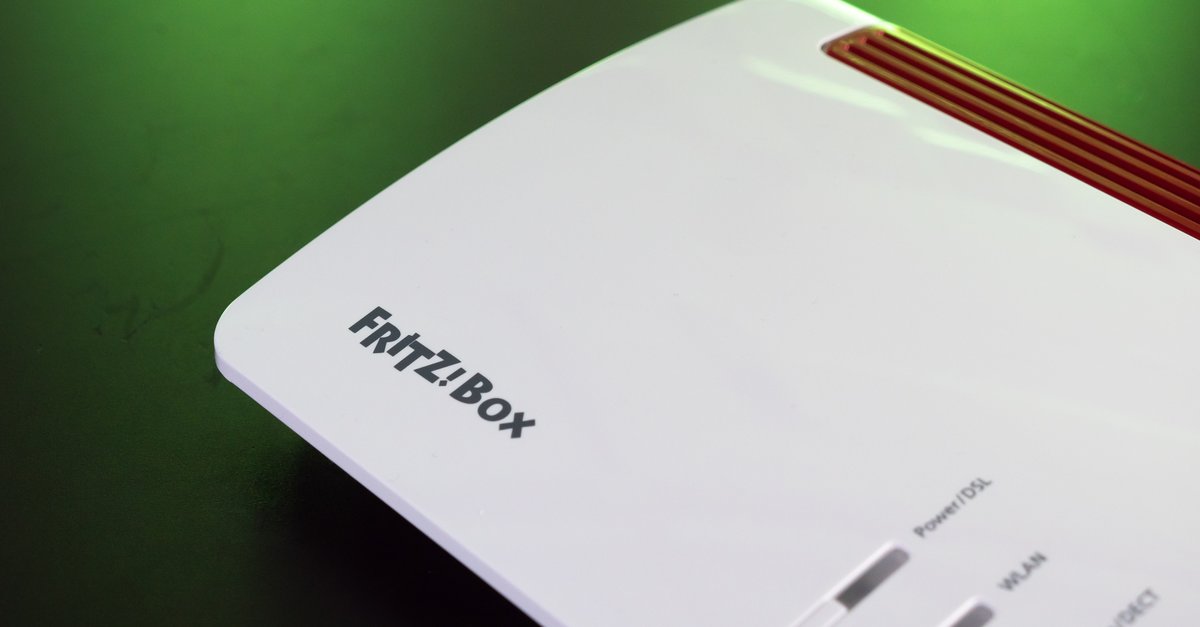Youtube is not liable for copyright violations by users
Youtube has won a lawsuit against a music producer. According to the European Court of Justice, the platform is not liable for copyright infringements.
If users illegally publish videos on YouTube that violate copyright law, the platform is not liable according to the European Court of Justice. Platforms would only provide the infrastructure and not distribute the content themselves, reasoned the court the decision.
This judgment refers to the current legal situation. The copyright reform was not taken into account.
Contents
Platforms are not responsible
The background to this are two lawsuits before German courts. In 2008, the music producer Frank Peterson sued YouTube or Google because music was published on YouTube without his consent. In a second case, the Elsevier publishing house had sued Cyando for breach of copyright.
The Federal Court of Justice had asked the European Court of Justice for an assessment. He found that “operators of online platforms do not themselves distribute copyrighted content that has been illegally posted by users.”
The platforms would only provide access to the content. Therefore the operators could not be held liable. In the opinion of the European Court of Justice, however, the exception from liability has limits: If the platform actively disseminates copyrighted and illegally uploaded content, it could be held responsible for it.
In these cases, platforms are liable
Should a platform operator intentionally and knowingly distribute the illegally published content, he can be held liable. Simply providing the platform is not enough for this.
If a platform learns of a copyright infringement and deliberately does not delete or block the infringement, it could be held liable. The same applies if a platform offers tools that are specifically designed to distribute copyrighted content or encourage users to do so through its financing model.
A platform operator can also be held liable if he “fails to take the appropriate technical measures that can be expected from a reasonably careful operator in his situation in order to credibly and effectively counteract copyright infringements on this platform.”
Copyright reform could change the situation
According to the copyright reform that comes into force in Germany in August, platform operators can be obliged to prevent copyrighted content as soon as it is uploaded.
However, the underlying Article 17 is still controversial. The European Court of Justice is currently examining whether the rules are compatible with information and freedom rights.



